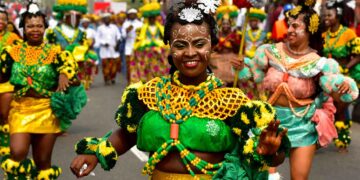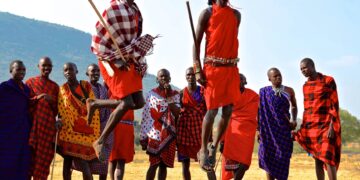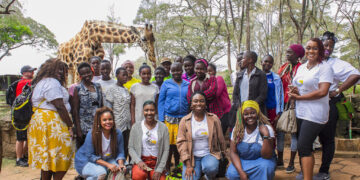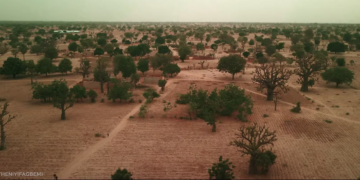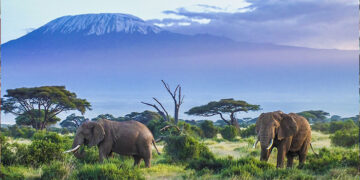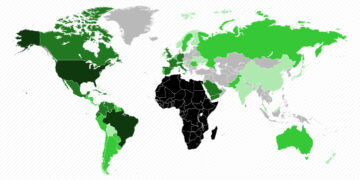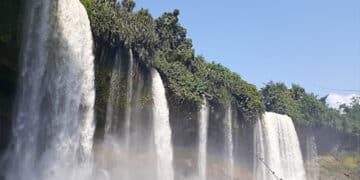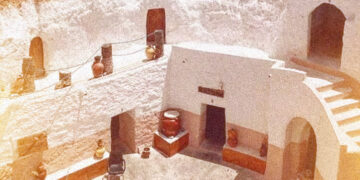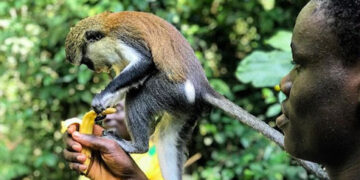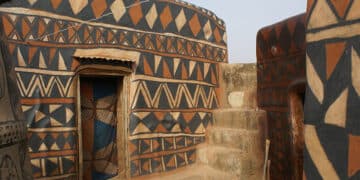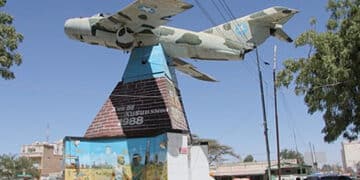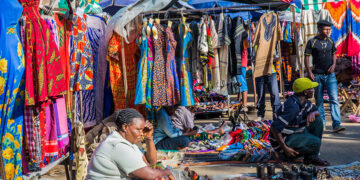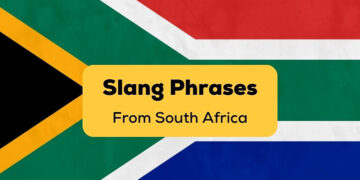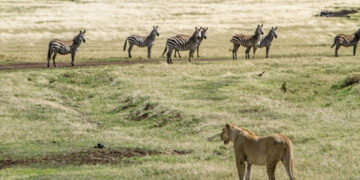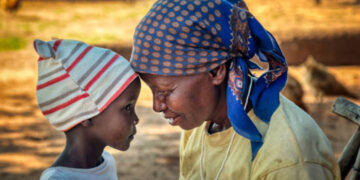African festivals are not merely traditional celebrations originating from the past. They are living narratives that embody centuries of history, spirituality, and community bonds. Some festivals have evolved to reflect the present times, still they’re very much rooted in the history and culture of the people.
Some festivals have gained global popularity over the years. How about we shine the spotlight on some lesser-known traditional festivals from East, West, North, and South Africa. So if you’re ever in any of these parts of Africa, look up the dates and experience a traditional festival.
East Africa
Lamu Cultural Festival (Kenya)
The Lamu Cultural Festival in Kenya is a celebration of the Swahili heritage of the Lamu people and their beloved island. The three-day festival which is held from November 30 – December 2, is unique because it emphasizes the dynamism of traditional Swahili poetry, music, and dances. The festival showcases the vibrant cultural identity of the coastal community, with events like dhow races, donkey races, and Swahili poetry competitions.
Adwa Victory Celebration (Ethiopia)
The Adwa Victory Celebration in Ethiopia commemorates the historic Battle of Adwa, where Ethiopian forces defeated Italian invaders in 1896. Adwa Day is to the Ethopians as Independence Day is to other African countries. The festival serves as a powerful reminder that Ethiopia is one of the African countries that escaped colonization by the West.The festival includes parades, cultural performances, and exhibitions, celebrating Ethiopia’s resilience and unity.
West Africa
Osun-Osogbo Festival (Nigeria)
While Osun-Osogbo is known, it’s not as widely recognized globally. The festival honors the river goddess Osun and involves sacred ceremonies, rituals, and a colorful procession to the Osun Sacred Forest. The devotees seek blessings and purification during this annual event.
Emancipation Day (Ghana)
Emancipation Day was first held in Ghana in 1998 to mark the end of slavery and honor the struggle for freedom. The festival reflects on the suffering of millions of African people that were taken away from their homes during the Pan-Atlantic Slave Trade, and the roles their African brothers and sisters played in their enslavement. The festival includes cultural performances, historical reenactments, and a durbar of chiefs, highlighting Ghana’s role in the fight against slavery. Emancipation Day has started to draw the attention of people from around the world, as more Africans in the diaspora seek to learn about their roots.
North Africa
Gnaoua World Music Festival (Morocco)
Set against the backdrop of the historic city of Essaouira, the Gnaoua World Music Festival in Morocco is a celebration of Gnaoua music, a traditional genre rooted in spiritual and African Islamic traditions. What makes it stand out is the fusion of Gnaoua with other genres, creating a unique musical experience. The festival brings together artists from different backgrounds to collaborate and explore the intersections of cultures through music.
Siwa Oasis Festival (Egypt)
The Siwa Oasis Festival or Sihaya Festival in Egypt celebrates the unique cultural heritage of the Siwa Oasis community. It is held for three days around October’s full moon. It includes traditional music, dance, and rituals specific to the region. While not as mainstream as some Egyptian festivals, it offers an authentic experience of oasis life.
Southern Africa
Ficksburg Cherry Festival (South Africa)
The Ficksburg Cherry Festival in South Africa is a charming celebration of the region’s cherry harvest. What sets it apart is the picturesque setting in the foothills of the Maluti Mountains. Visitors can indulge in cherry-picking, taste a variety of cherry-based products, listen to jazz and enjoy cultural performances. The festival not only highlights the agricultural significance of the region, but also promotes local crafts and traditions.
Capulana Festival (Mozambique)
The Capulana Festival in Mozambique pays tribute to the capulana, a traditional cloth with intricate patterns used by women. They are preserved and passed from one generation to the next and with them the stories of the women who own them.The festival explores the cultural and artistic aspects of the Capulana, incorporating fashion shows, exhibitions, and discussions on its historical significance.
REFERENCES
Atlas of Humanity: Kenya, Lamu Island
Easy Track Ghana: Panafest & Emancipation Day
Google Arts and Culture: The Ọ̀ṣun Òṣogbo Festival
Gnaoua: Anthology of Gnaoua Music
Sycamore Travel: Siwa Festival
SABC News: Ficksburg Cherry Festival With Ishmael Modiba
TVM: Festival da Capulana em Pemba relança a cultura moçambicana


